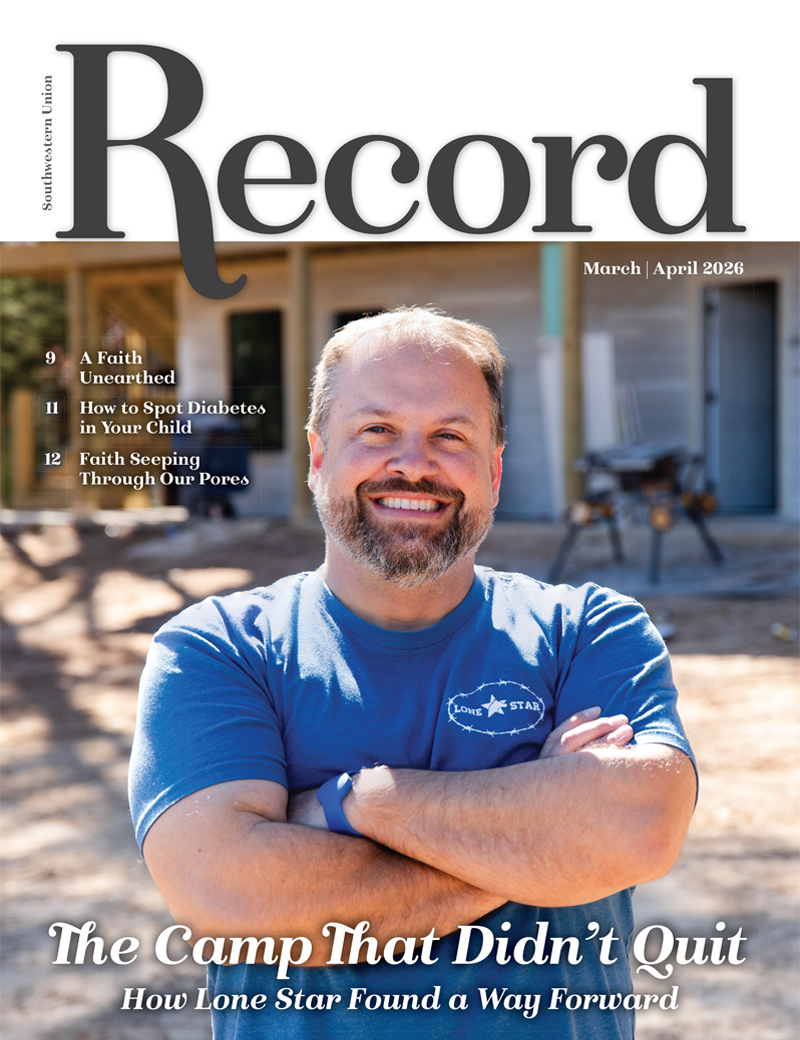Ignorance and the Prophetic Twist

Have you ever heard of a strawman argument? Historically strawmen were used as target practice to train soldiers for war. While I am sure that many had their confidence boosted from the training exercise, I think we all recognize that the strawman was unable to defend itself.
Today’s strawmen take on a different guise. A strawman argument is when one intentionally or unintentionally misrepresents a differing view, swooping in to “save the day” by showing how absurd a person must be to hold such a view. As if to say, “who would believe in such a thing?” In the contemporary arena of thoughts, ideas and beliefs, strawmen are still set up and demolished with great zeal.
One classic example of a strawman argument which many Seventh-day Adventists should be familiar with goes something like this: 1. Adventists believe that keeping the Sabbath is what will save them. 2. Thus Adventists are legalists and believe that they are saved by works. 3. Since the Bible clearly teaches that we are saved by grace through faith, Adventist teaching is non-Scriptural.
The reason this is such a good example of a strawman argument is because we do not believe that keeping the Sabbath saves us, nor that we are saved by works. But rather we actually believe the latter part of that argument, that we are saved by grace through faith, and we keep the Sabbath because we are saved and desire to show our love and gratitude to God by keeping all of His commandments.
Unfortunately, what we do believe is often misunderstood or misrepresented by others. We should always strive, in all that we think and do, to portray other’s differing views in their best possible light, and then state, as humbly and politely as we can, why we disagree with them. This is after all an extension of the golden rule; treat others’ views in the same way you would want others to treat your views.
Classic Twist
When it comes to the writings of Ellen G. White, I have heard many strawman arguments like: she is imbalanced, she is too extreme, she is not consistent (and so many more).
In fact, much of what I hear others say about her is very similar to what the prophets in the Bible faced as well. That is, the Bible portrays many who twisted what the prophets actually said in an effort to undermine their authority and thus cause many to not take them seriously. In 1 Kings 18:17, Elijah was called the “troubler of Israel.” In Nehemiah 6:5-7, Nehemiah was accused of seeking to rebel against the kingdom. In Exodus 14:11, the complaint is that Moses has led all the children of Israel in the wilderness to kill them. I could go on. Even in the New Testament, Jesus’s accusers twisted what Jesus meant when they accused Him, saying that He wanted to destroy the temple so He could rebuild it in three days.
Peter perhaps summarizes it best when he writes in 2 Peter 3:15-17 that unstable and untaught people twist the writings of Paul to their own destruction as they also do the rest of the Scriptures.
This happens so many times in Scripture that I consider it an unofficial test or sign of a true prophet. In other words, if you’re a prophet and everyone agrees with you, you’re likely not a true prophet.
Fact-Checking
So how do you know if someone is twisting someone else’s words and setting up strawmen? The only solution I can see is that one could go and ask the author so that they may have a chance to defend themselves and further clarify what they meant. When this is no longer possible, one must become familiar with what the author actually wrote. To familiarize oneself with an author, one must read as much of the author’s work as they can. Put another way, the only circumstance in which one could be misled to believe something that isn’t true is if they are ignorant of the truth. Being in a state of ignorance is rarely positive, as it often gives others an opening to take advantage of you. Yet, how many times do we allow others to do our thinking for us? Could we also, perhaps unintentionally, commit the same sin as ancient Israel? That is, hear what the prophets said, maybe even memorize what they said, and then twist what they said to suit our own purposes? The remedy is simple: go back and read more.
When we hear something that doesn’t sound quite right or makes us question whether or not we have believed something wrong, our response should always be to go back to the Bible. Our response should be the same when it comes to hearing something about the writing of Ellen G. White. We should not allow someone else’s sour experience or misrepresentation to form our view. We can certainly consider what someone else says, but we must go back and do our own thinking and study to see if it is so.
By Endi Stojanovic, M. Div. Stojanovic is an associate professor of religion at Southwestern Adventist University in Keene, Texas.


